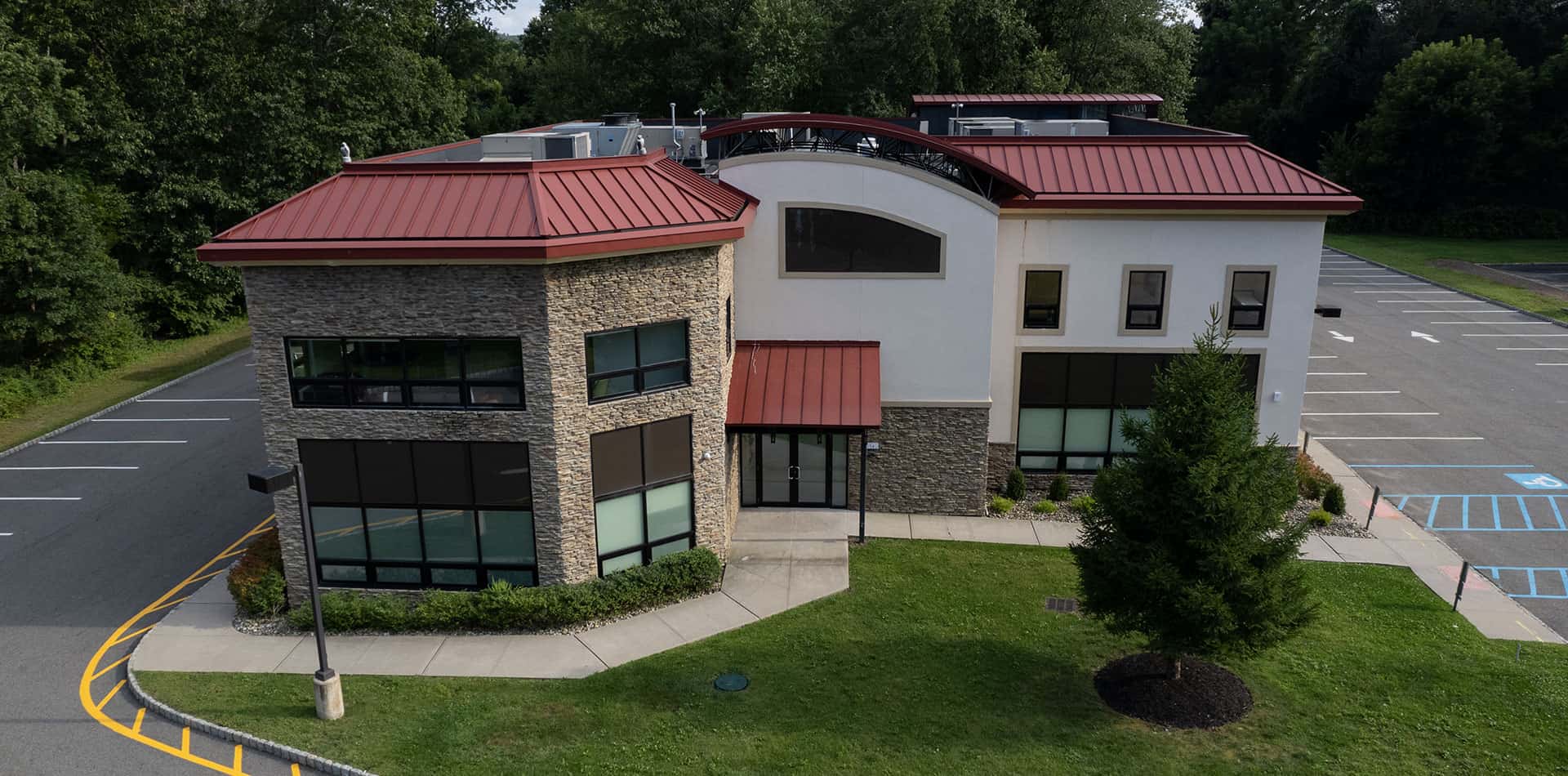Help For My Child
We will give you the support and guidance you need to get started on the road of long-term recovery.
Getting Help for My Teen’s Substance Use & Mental Health
If your teen is grappling with drug or alcohol addiction, seeking treatment is a pivotal moment in their life. Overcoming substance dependency can profoundly impact every aspect of their future. It is essential to approach the subject with empathy and understanding, considering the emotional, social, and environmental influences that may drive their substance use. At Guardian Recovery, we offer practical, age-specific treatment options for adolescents. Our holistic approach is a significant step towards healing and a healthier, more fulfilling life. For more information on getting help for your teen’s substance use and mental health concerns, contact us today.
How Do I Get Help for My Teen’s Substance Use Issues?
Seeking professional help is vital if you suspect your teen is engaging in substance use. Start by talking to them openly and non-judgmentally about your concerns and offering support. At this time, you are also strongly encouraged to reach out to a health professional, substance use counselor, or treatment center that specializes in addiction and working with adolescents.
At Guardian Recovery, our compassionate team can advise you on the best course of action, including inpatient or outpatient programs, individual and family therapy, and support groups. We offer treatment tailored to teens that include these vital, evidence-based components as well as mental health care, academic programs, and life skills training.
Get Local Help
Helpful, Recovery
Resources
- Our Approach
- Recovery Tips
- Frequently Asked Questions
- Insurance Check
- Ask a Question
How Do I Know What Type of Treatment Program Is Best for My Child?
Determining the most suitable treatment approach for your teen requires a comprehensive assessment of their needs and circumstances. It is essential to consult a treatment advisor who will evaluate your child’s unique situation and recommend the best treatment options.
Several factors will be considered, including the nature and severity of their substance use, a history of any past or current underlying mental health issues, their general health status, and their motivation for change. In many cases, inpatient care is the most effective. However, the most appropriate level of care can vary significantly depending on the circumstances.
Does the Substance Use Treatment Plan Help With My Teen’s Mental Health Conditions?
Substance use treatment plans should always address any co-occurring disorders experienced by your teen to prevent relapse and promote overall mental and physical wellness. Guardian Recovery offers integrated dual diagnosis care, meaning we provide treatment and support for both substance use and underlying mental health issues. Treating all existing conditions at once significantly improves your child’s chances of experiencing a full recovery.
Various Strategies Used in Treatment To Help Your Teen’s Mental Health Include:
- Using behavioral therapy interventions that address both conditions simultaneously.
- Addressing any underlying childhood trauma.
- Prescribing medication for either condition, if appropriate.
- Teaching stress-reduction techniques such as meditation and relaxation exercises.
- Equipping teens with relapse prevention skills.
- Using milestones and successes in treatment to improve self-esteem and encourage motivation.
Start Healing Today!
Choose recovery and take control of your life, it’s the path to a brighter future filled with health, happiness, and fulfillment.
Would My Child’s Treatment Program Help With Issues at Home?
It is critical for a substance use treatment plan to address any problems at home, including dysfunctional relationships or stressors within the family that may contribute to underlying issues. Family therapy and counseling sessions can help identify problem areas that are causing your teen to experience anxiety, depression, or any other mental health disorder. This comprehensive approach can promote healing and foster a healthy environment to support their recovery journey.
Ways Substance Use Treatment Programs Can Help With Issues at Home Include:
- Improving communication and family dynamics.
- Proving education and awareness to families.
- Guiding families in setting clear boundaries and expectations.
- Teaching coping strategies to help teens and parents manage challenges.
- Building trust, promoting emotional healing, and strengthening bonds.
- Improving problem-solving and decision-making skills.
- Reinforcing existing positive changes.
- Reducing enabling behaviors among family members who unintentionally support the teen’s substance use.
- Addressing mental health issues, leading to an overall improvement in home life.
Complimentary Insurance Check
Find Out Today!
"*" indicates required fields
How Can I Support My Child’s Recovery During & After Treatment?
During your teen’s treatment and after they complete their program, it’s important to provide ongoing encouragement and support. This may include engaging in family therapy and educating yourself and other family members about addiction and recovery. Furthermore, promoting a safe, nurturing home environment and removing triggers or temptations can help reduce distractions and help them stay accountable for their sobriety and recovery.
Most importantly, you are urged to be patient, understanding, and encouraging of open communication as your child navigates recovery. Helping them feel empowered and motivated will make a huge difference in their long-term success.

Our Locations
Our Facilities & Teams Transform Lives
Changing lives by providing comprehensive support and rehabilitation, empowering individuals to overcome addiction and regain control of their health and well-being.
What Resources & Support Will I Receive During My Child’s Treatment Program?
During your teen’s treatment, you can expect to have access to a wide range of resources and support. This will include therapy sessions for your child and yourself, educational materials on substance use and recovery, and guidance on how to help them prevent relapse and manage triggers and cravings in the future.
In addition, you will both be offered support through counseling services and peer groups specifically designed for teenagers in recovery. Overall, you and your teen will be provided with a large network of individuals who understand the challenges you are facing and offer guidance and encouragement.
Other Resources & Support for Parents & Teens Include:
- National Helpline for Substance Abuse and Mental Health Services (SAMHSA)—1-800-662-HELP (4357)
- SAMHSA Website—https://www.samhsa.gov/find-help/national-helpline
- The National Drug Helpline—1-844-289-0879
- Crisis Text Line—Text “HELLO” to 741741
- Recovery support groups, such as Al-Anon.
- Online resources, such as Above the Influence.
- Local community resources, such as community centers, churches, and workshops for parents and teens struggling with substance use.
READY TO MAKE A CHANGE?
Your Next Steps
Who Can I Talk to About Questions I May Have Regarding My Teen’s Treatment?
Beginning Your Child’s Treatment Journey
Reviewed professionally for accuracy by:

Ryan Soave
L.M.H.C.
Ryan Soave brings deep experience as a Licensed Mental Health Counselor, certified trauma therapist, program developer, and research consultant for Huberman Lab at Stanford University Department of Neurobiology. Post-graduation from Wake Forest University, Ryan quickly discovered his acumen for the business world. After almost a decade of successful entrepreneurship and world traveling, he encountered a wave of personal and spiritual challenges; he felt a calling for something more. Ryan returned to school and completed his Master’s Degree in Mental Health Counseling. When he started working with those suffering from addiction and PTSD, he found his passion. He has never looked back.



